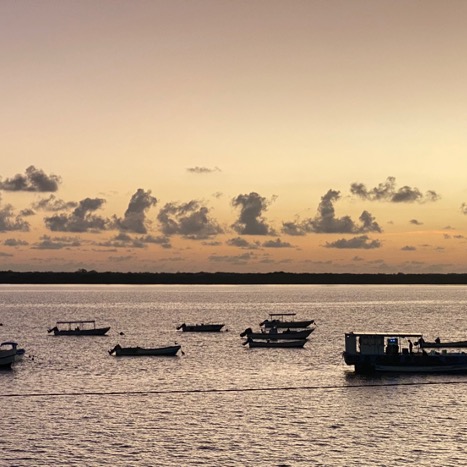Positionality
Striking a balance between acknowledging power dynamics and not reducing participants’ agency in decision-making was crucial to avoid the unintended reproduction of racialised hierarchies.
“During our research in Lamu, we experienced time and again how the white people in our group were attributed to specific attributes like access to political power or financial resources. These attributions significantly impacted the researchers' expectations and interactions with participants.”
One of our concrete challenges was allowing interlocutors to share their stories without fostering false hopes and unmet expectations of economic or political benefit. We emphasised transparency in communicating about the scope and limitations of our work to participants, yet a level of uncertainty persisted, particularly among those expressing a strong desire for change.
"In the case of a participant who reluctantly agreed to be filmed for the project, I felt unsettled contemplating the potential role of underlying power dynamics. However, acting upon my presumption that her agreement was solely due to such dynamics could also diminish her ability to make her own choices. This situation called attention to my own positionality, where I may have wrongly assumed that, as a white student, I automatically held more power, leading to automatic agreement with my requests."
Another important aspects of the researchers’ positionality was gender. We noticed markedly different reactions from interlocutors depending on the gender of the researcher. These dynamics can sometimes to be navigated strategically, demonstrating the critical role of positionality in shaping research dynamics and outcomes.
"Being the only woman on our team initially required me to establish credibility. I observed that people approached other team members differently than they did me. In certain instances, I took a step back as I went unnoticed by men. However, I also discovered advantages, as some individuals felt more comfortable opening up to me than my male team members. Consequently, our team could strategically decide who would lead discussions or handle introductions based on the people we were engaging with."
Evening group meeting on the floating restaurant with invited guests
Thank you to the Critical Urbanisms students from the Palermo track, for the thinking together about these issues across geographies.



